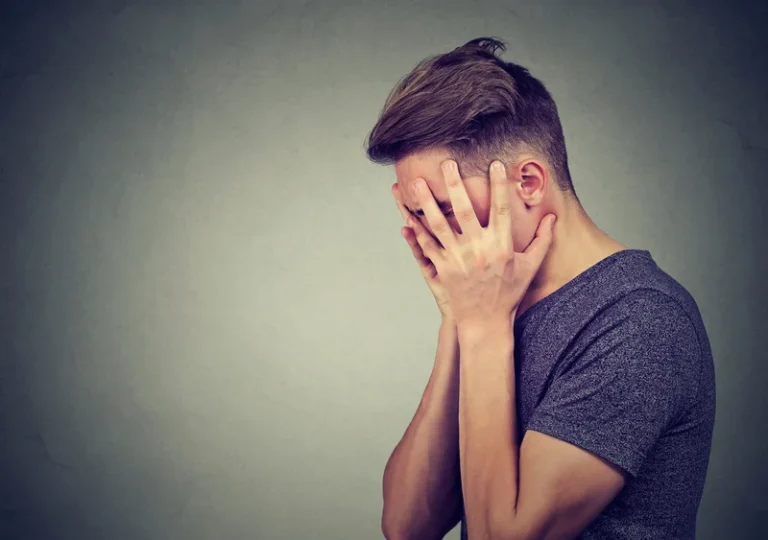
You can get rid of hangxiety with rehydration, rest, and pain relievers. Practice self-compassion and relaxation techniques to relieve embarrassment, shame, or regret. Remember to limit yourself to one to two drinks per day and pace yourself by drinking water between each drink. Some evidence suggests that as an evening wears on—often after you have gone to sleep—alcohol boosts glutamate receptors. This is why you may find yourself wide awake in the middle of the night if you have had a lot to drink the night before.
How Long Does Anxiety Last After Drinking? Stress Solutions
Detoxing from alcohol is a complicated process and makes your body extremely vulnerable. Alcohol withdrawal can last anywhere between 8 hours to 5 days after your last drink. Yes, decaf coffee still has some caffeine, usually about 2-5 mg per cup. While it’s much less than regular coffee, sensitive people might still feel a little anxious. If you find decaf affects you, try other caffeine-free drinks like herbal tea.
- The obvious answer would be to avoid drinking alcohol, as many have reported that they are better able to cope with their anxiety as a result.
- Anxiety and alcohol impact people differently, but as a rule anxiety that accompanies a hangover might last up to a day.
- If you’re a heavy drinker who regularly consumes alcohol and you stop, you’ll feel much better after two weeks.
- Thinking about your drinking habits can help lessen the impact of alcohol on your body and mind.
- Alcohol is often perceived as a social lubricant, easing tension and promoting relaxation.
Interaction Between Caffeine and Alcohol
A 2015 study published in the Journal of Caffeine Research found that college students who regularly consumed energy drinks reported higher levels of anxiety compared to those who didn’t. Anxiety after drinking is an experience many face but understanding its duration helps demystify this uncomfortable phenomenon. Generally speaking, mild anxious feelings might linger anywhere from hours up to several days depending on multiple factors such as individual tolerance levels and amount consumed. It can feel overwhelming, leaving individuals questioning how long it will last and what they can do to alleviate it.
How Caffeine Affects the Body
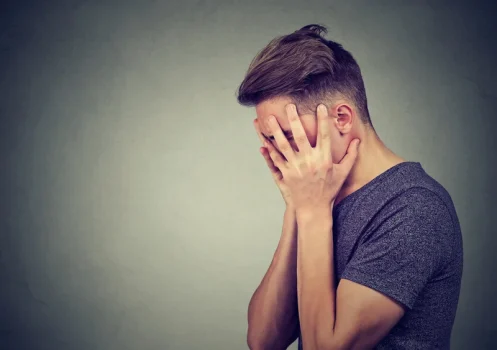
In extreme cases, it can cause dizziness, muscle twitching, and restless movements, which make feelings of anxiety or fear worse. Caffeine is a psychoactive drug that boosts your alertness, energy, and well-being. This not only improves your thinking and physical performance but also affects your mood and anxiety levels. About 75% of people drink coffee at least once a alcoholism treatment week, and 67% have it every day.
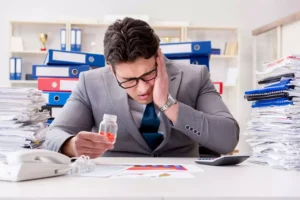
Emotional withdrawal
This is possibly because of the effects of alcohol abuse, which can actually change brain activity. Alcohol-induced anxiety can last for several hours, or even for an entire day after drinking. If you or a loved one uses alcohol to cope with anxiety, especially during socializing, it may lead to being dependent on alcohol, especially in social settings. In fact, drinking can change the chemistry of the brain in a way that actually makes anxiety worse. Knowing how alcohol affects anxiety may make it less tempting to have a drink to cope. Mindfulness describes the process of grounding yourself in the present moment and staying focused on what’s really true.

Engage in New Physical Activities
Mindfulness can help you clarify your goals, reroute negative thoughts, and feel more at peace. Incorporating mindfulness into your day can also help reduce acute anxiety and prevent anxiety spikes in the future. Meditation is a popular mindfulness practice that helps you become aware of your thoughts and surroundings by sitting still and observing what occurs. Trying guided meditation is a great way to get started with mindfulness. Generally, the more you drink, the more intense your hangover symptoms might be, and the worse you are likely to feel. This is especially likely if other members of your family have been diagnosed with anxiety disorders.
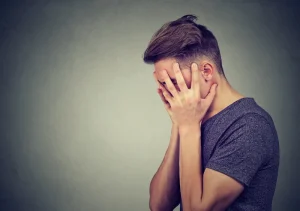
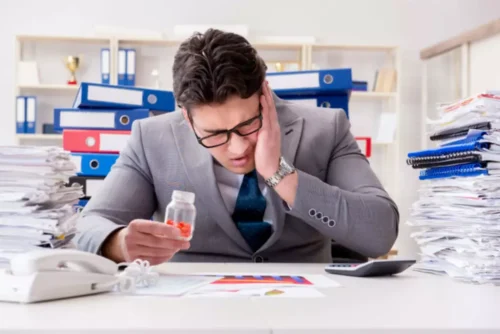
Maybe you’re replaying everything you said last night and frantically scrolling through your texts to make sure you didn’t send a message you super wish you hadn’t. Or maybe you just feel really worried and full of dread, even if you can’t think of a specific thing to be worried about. In some cases, a person who drinks alcohol to relieve feelings of anxiety might end up drinking more because they expect alcohol to provide a certain amount of relief from their anxiety symptoms. What’s more, many people use alcohol as a anxiety from drinking way to self-medicate mental health conditions, like social anxiety, generalized anxiety disorder, post-traumatic stress disorder (PTSD), and depression. Doctors often attribute anxiety after drinking to withdrawal from alcohol.

